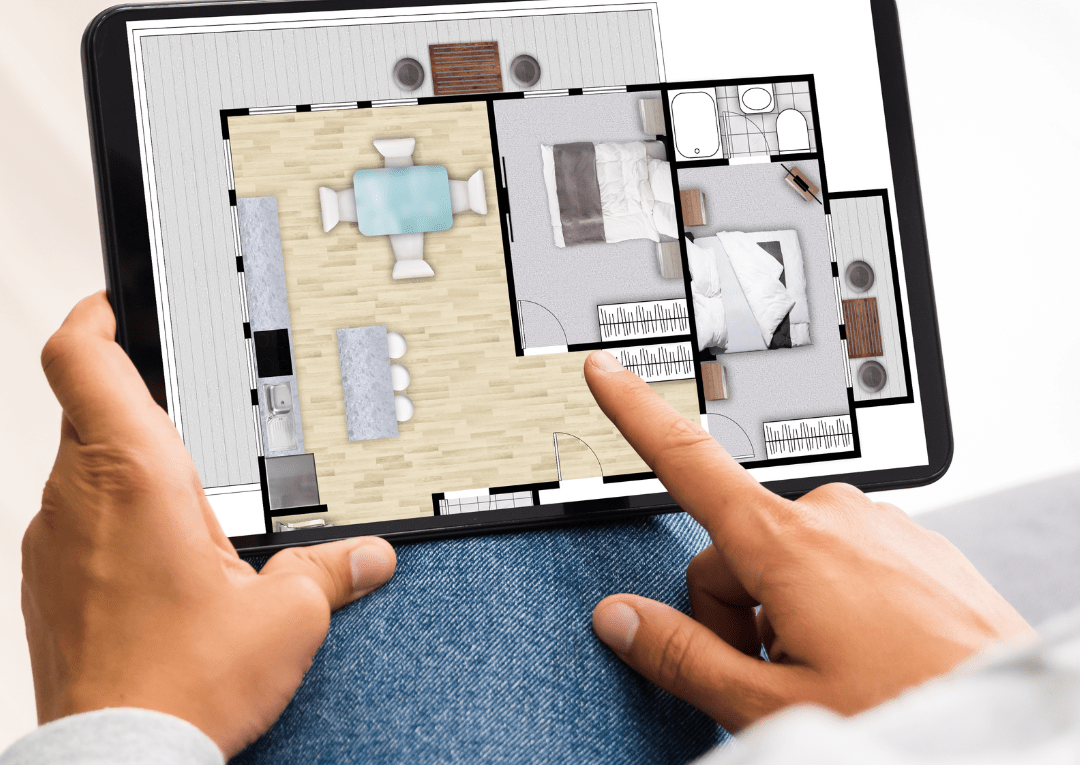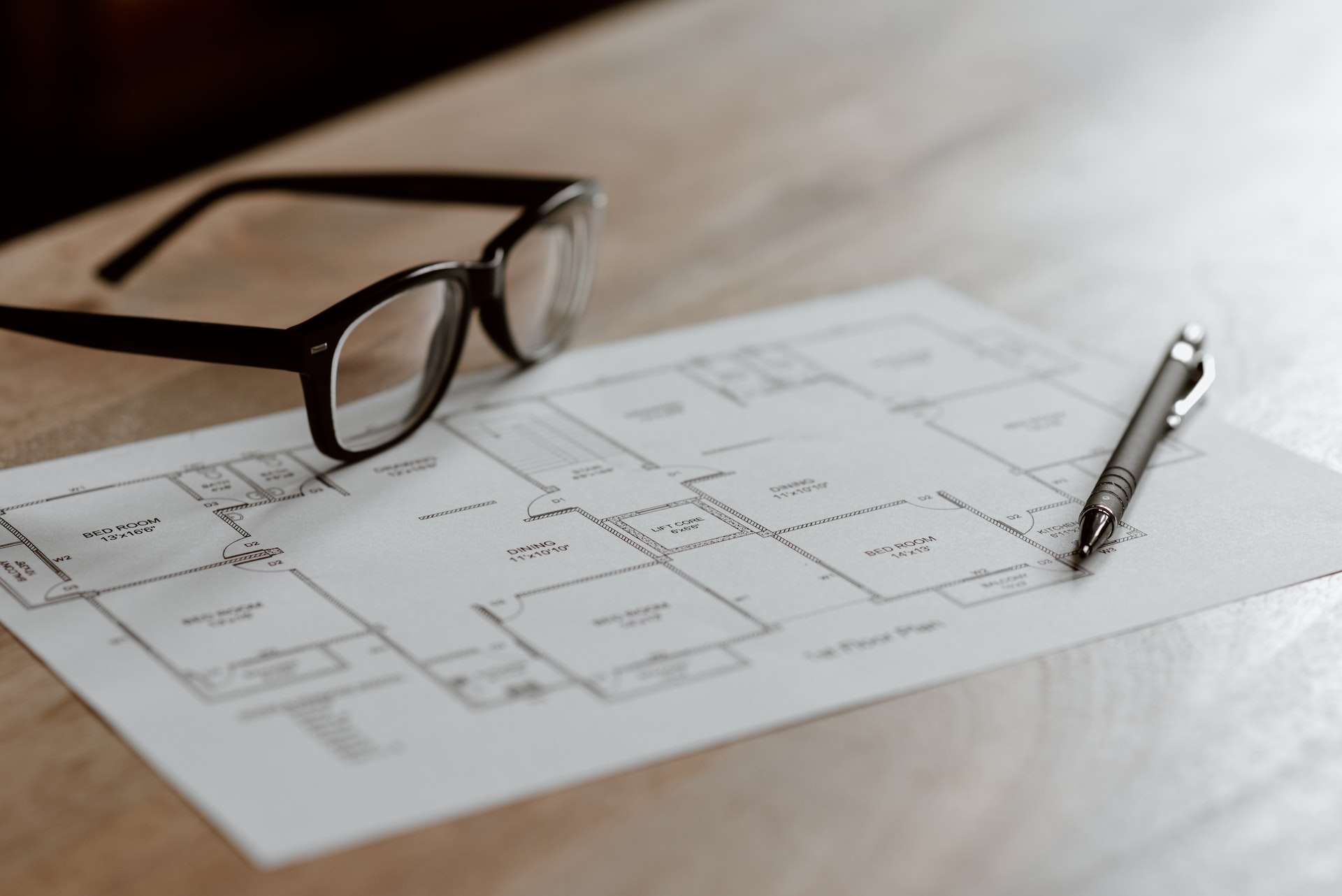What To Consider When Buying A House
What To Consider When Buying A House. Buying a house is a significant step that involves many factors to succeed. In your quest to acquire a home, it’s best to consider the vital features you need. As one of the most significant financial investments you’ll ever make, you must put your thoughts on paper and conduct a critical assessment to make the right decision. It is tempting to be swayed by a house’s aesthetics, but that alone may not be enough to make the best decision, as research reveals that 72% of recent homeowners experienced after-purchase remorse. The features you settle for can differentiate between a good buy and a regrettable one. Below are the top four features to consider when buying a house.
1. Home size and layout
When buying your home, you must consider how many of you will be living there. A two-bedroom home may not be ideal if you’re four or more. If you are considering starting a family immediately after purchasing a home, the number of bedrooms and bathrooms must correspond with your future family size. What is important is having access to a home that meets your current and future needs. Additionally, a dedicated space for a home office would be ideal if you work remotely. A well-designed floor plan will play a crucial role in your living arrangement, making that an essential feature you should also consider to accommodate your family size.
2. Home’s physical and structural condition
Regardless of how good a house looks, you must ensure it’s in proper condition and habitable for the long term. However, it is worth noting that some houses are sold on an ‘as-is’ basis, which is completely different. In this case, the seller lists the house as it is without compulsion to repair damages before the sale. When you buy a house like that, there is no guarantee that everything is in excellent condition. Moreover, there will be no need for a seller’s disclosure because of the terms on which the house was sold. Any other house you buy must be in excellent condition and worth the money you commit. Most of these checks require an expert, which explains the need for a home inspector. Any defects identified in time will spare you the stress of costly repairs after purchase. For example, a leaky roof, deep wall cracks, faulty boilers, and warped wood flooring are expensive repairs you can avoid if you conduct thorough pre-checks. Usually, older homes will require more extensive repairs than newer builds. Therefore, you should factor that into your decision. And if you’re planning to buy an apartment instead, ensure that the unit is still in tip-top shape. After all, you don’t want to have a leaky apartment nor do tons of repairs just to make it habitable. It’s also a plus when the building has a residential elevator for easy navigation.
3. Future resale value
Before purchasing a home, it’s essential to know the house’s potential resale value and whether you can make a good profit if you decide to put the property back on the market. Naturally, real estate appreciates over time, but certain factors may go against you if you fail to factor them into your planning now. For instance, a low appreciation rate in similar properties in the area can be concerning. Secondly, a dwindling demand for homes in the location could be a prelude to even further real estate problems in the future. A fair idea of the dynamics will be ideal before purchasing that specific house you’re eyeing. For a better resale value, it would be best to find out about the level of owner-occupancy in the area. Usually, places with high owner-occupancies have impressive records of property resale values.
4. Type of house and budget
The real estate market has a variety of builds that cover a wide budget spectrum. You must consider how much you have set aside for the house, as the type of house you want will depend on how much you can afford and particularly your lifestyle. For example, consider seeking the assistance of experts such as Top Notch Mobile Home Services if your lifestyle entails moving across states for long periods. These alternate options are more affordable than traditional homes and, even better, can be moved from one place to another. On the other hand, if you settle for a traditional home, remember that your budget will include property taxes, insurance, and other charges. Therefore, what you prepare financially must not cover only the acquisition.


